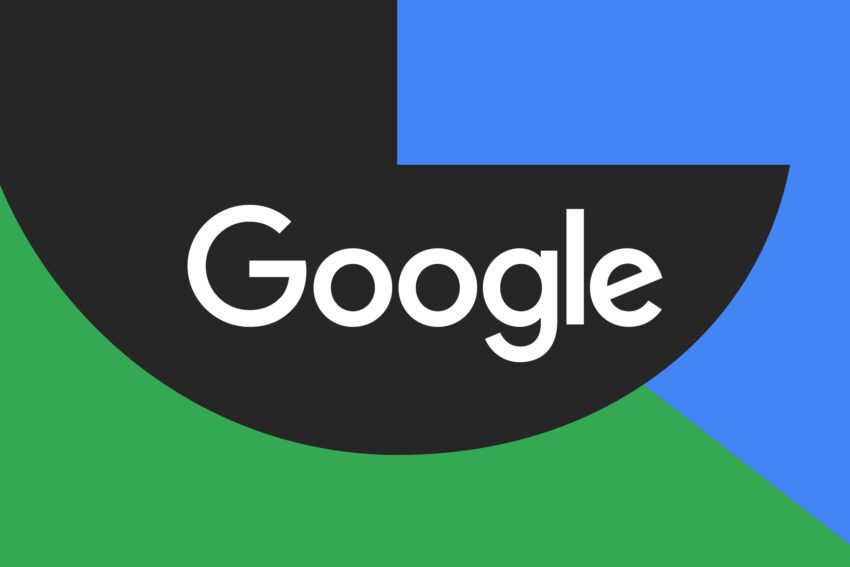
google is fighting the defamation battle meta Google is currently engaged in a legal battle over a defamation lawsuit initiated by Robby Starbuck, an activist known for his anti-corporate diversity stance, who alleges that the company’s AI technology falsely linked him to serious criminal allegations.
google is fighting the defamation battle meta
Background of the Lawsuit
Robby Starbuck, a prominent figure in the discourse surrounding corporate diversity initiatives, has taken legal action against Google, claiming that its artificial intelligence (AI) systems inaccurately associated him with sexual assault allegations and labeled him a white nationalist. This lawsuit follows a similar claim he made against Meta, the parent company of Facebook, which he accused of using its AI to falsely assert that he participated in the January 6th riot at the U.S. Capitol.
Starbuck’s lawsuit against Meta was settled in August 2023, a resolution that included his appointment as an advisor to the company. His role involves addressing what Meta describes as “ideological and political bias” within its AI chatbot systems. This settlement has drawn attention not only for its implications for Starbuck but also for the broader conversation about accountability in AI technology.
Details of the Allegations Against Google
In his lawsuit against Google, Starbuck is seeking $15 million in damages. He argues that the AI’s outputs have harmed his reputation and caused him emotional distress. However, Google has responded robustly to these claims, filing a motion to dismiss the lawsuit. The tech giant contends that Starbuck’s allegations are based on a “misuse of developer tools to induce hallucinations,” a term used in AI to describe instances where the system generates inaccurate or misleading information.
Understanding AI Hallucinations
The term “hallucination” in the context of AI refers to the phenomenon where an AI model generates outputs that are not grounded in reality. This can occur due to various factors, including the data the model was trained on and the prompts provided by users. Google asserts that Starbuck has not disclosed the specific prompts he used to generate the outputs in question. This lack of clarity raises questions about the validity of his claims and whether any real individuals were misled by the AI’s outputs.
Legal Context and Implications
The legal landscape surrounding AI and defamation is still evolving. As of now, no U.S. court has awarded damages for defamation involving an AI chatbot. This raises significant questions about accountability and the responsibilities of tech companies in managing the outputs of their AI systems. Starbuck’s case could serve as a pivotal moment in defining the legal boundaries of AI-generated content and the implications for individuals who feel wronged by such outputs.
Meta’s Precedent
Meta’s decision to settle Starbuck’s previous lawsuit has set a notable precedent. By opting for a settlement and hiring Starbuck as an advisor, Meta has acknowledged the importance of addressing concerns related to bias in AI. This move could be interpreted as a recognition of the potential risks associated with AI systems and the need for companies to take proactive measures to mitigate those risks.
In contrast, Google’s decision to fight the lawsuit in court suggests a different strategy. By challenging Starbuck’s claims, Google may be aiming to establish a legal precedent that could protect it and other tech companies from similar lawsuits in the future. This approach could also signal to the public and stakeholders that Google is committed to defending its technology and the integrity of its AI systems.
Stakeholder Reactions
The reactions to Starbuck’s lawsuit and Google’s response have been varied. Supporters of Starbuck argue that his claims highlight a critical issue in the realm of AI ethics and accountability. They contend that individuals should not be subjected to false allegations generated by AI systems, regardless of the technology’s complexity. On the other hand, critics argue that Starbuck’s lawsuit may be an attempt to exploit the legal system to further his agenda against corporate diversity initiatives.
The Broader Conversation on AI Ethics
This legal battle is part of a larger conversation about the ethical implications of AI technology. As AI systems become increasingly integrated into various aspects of society, questions about their reliability, accountability, and potential biases are gaining prominence. Stakeholders, including policymakers, tech companies, and the public, are grappling with how to navigate these challenges.
Moreover, the case underscores the need for clearer guidelines and regulations surrounding AI technology. As it stands, the legal framework for addressing issues related to AI-generated content is still in its infancy. This lack of clarity can lead to confusion and uncertainty for both individuals and companies, making it essential for lawmakers to consider how best to address these emerging challenges.
Future Implications for AI Technology
The outcome of Starbuck’s lawsuit against Google could have far-reaching implications for the future of AI technology. If the court sides with Starbuck, it may open the floodgates for similar lawsuits against tech companies, potentially leading to a wave of legal challenges that could reshape the landscape of AI development and deployment. On the other hand, if Google prevails, it could set a precedent that reinforces the notion that tech companies are not liable for the outputs generated by their AI systems, provided those outputs are not directly tied to specific user prompts.
Potential for Regulatory Changes
Regardless of the outcome, this case may prompt regulatory bodies to consider the need for more stringent guidelines governing AI technology. As the technology continues to evolve, regulators may feel compelled to establish clearer standards for accountability and transparency in AI systems. This could include requirements for companies to disclose how their AI models are trained, the data used, and the mechanisms in place to address potential biases.
Conclusion
As Google navigates this defamation lawsuit brought by Robby Starbuck, the implications extend beyond the courtroom. The case serves as a critical examination of the responsibilities of tech companies in managing AI outputs and the potential consequences of those outputs on individuals’ reputations. With the legal landscape surrounding AI still developing, the outcome of this case could influence future policies and practices in the tech industry, shaping the way AI is perceived and regulated.
Source: Original report
Was this helpful?
Last Modified: November 18, 2025 at 6:38 am
3 views















